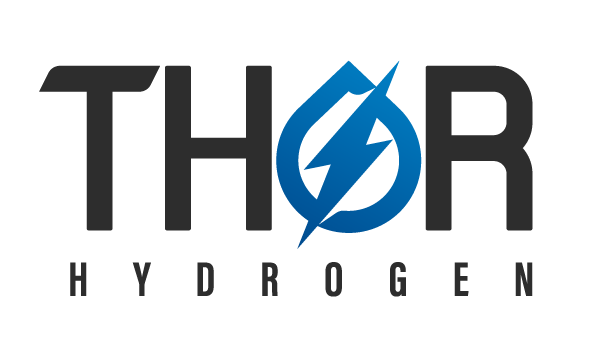
The Colours of Hydrogen
Colour-coding hydrogen is basic way to understand the different origins of hydrogen. Convenient as it might be, it is rather the carbon intensity of the full process that dictates the effectiveness of each method of hydrogen production in decarbonizing our economy.

Renewable Hydrogen - the Currency of Energy
Hydrogen is not an energy source but an energy vector. It is a means of converting energy into a range of useful forms, for storage, for mobility, for power, heat or for synthesis of other products. Hydrogen does not need to be produced centrally from large facilities but can be unlocked by simple processes couple powered by decentralized renewable energy, even in the most remote of locations. It is this ubiquity that makes hydrogen the ‘currency of energy’.

Hydrogen – How Safe is It?
All combustible gases, especially when contained under pressure have safety concerns. The magnitude of safety concerns related to hydrogen is no greater than for hydrocarbons such as gasoline, natural gas or diesel - they are arguably less but quite different. Understanding the behaviour of the lightest molecule is the key to safe handling and effective utilization. Technology for generating, compressing storing and dispensing hydrogen has made strides in the last decades. Here are some essential facts about hydrogen safety.

Hydrogen’s Value Proposition - a pillar of the energy transition
As an energy vector, a carrier of energy, hydrogen enables energy conversion, storage and use in a range of opportunities. The flexibility to store energy long term, across seasons, ensures that no electron goes uncaptured. The ability to utilize hydrogen for fuel cell mobility, heat & power, or to power any kind of local or regional commercial enterprise - independent of a larger grid - this is a social revolution in its own right.

Green Hydrogen - solving the challenge of Intermittency
The ability of solar a facility to generate energy is subject to not only the diurnal cycle but also seasonal variations that depend on latitude and weather effects. Wind, also, is a naturally intermittent phenomenon, predictable only within statistical bounds. Effective storage is need for renewables to break free from the dependency on energy ‘back-up’ solutions that are often hydrocarbon based. While batteries can provide short term, grid-responsive energy storage, hydrogen can provide stable, high capacity, long duration energy storage.

The Flexible Energy Vector
Hydrogen enables the transaction of energy but is not a source of energy – this we refer to as an energy carrier or vector. And as a dense energy vector, hydrogen enables sources of energy such as wind, solar and tidal to be harvested and then carried and converted to do useful work for a multitude of tasks.

Hydrogen, It’s Elementary
Hydrogen, the stuff of stars, makes up 98% of the known universe. It is the simplest element, just one proton and one electron*, and is the third most abundant on earth. It’s rare to find hydrogen as a gas – in fact it is typically combined in other substances – water, organisms, hydrocarbons.

What is ‘Net-Zero’?
The term net-zero is perhaps not well understood leaving far too much room for interpretation. A net-zero target requires, in the first instance, deep reductions in emissions, with any remaining sources offset by removals of CO₂ from the atmosphere”. The key is “any remaining sources”. We must start with deep reductions and reserve ‘negative emissions technologies’ for aspects of our economy for which there is no clear zero or low carbon alternative. For oil and gas, the alternatives are clear.

Decarbonizing the global economy – our finite carbon budget
The historical emission of greenhouse gases into the finite volume of our atmosphere are steadily building from a pre-industrial level of around 270 ppm to a present day value of 420 ppm. The direct correlation between atmospheric CO2 and global average temperature rise means that there is effectively a ‘carbon budget’ that corresponds to each temperature threshold. We know now that the opportunity to halt temperature increase at 1.5 deg C is now gone.
